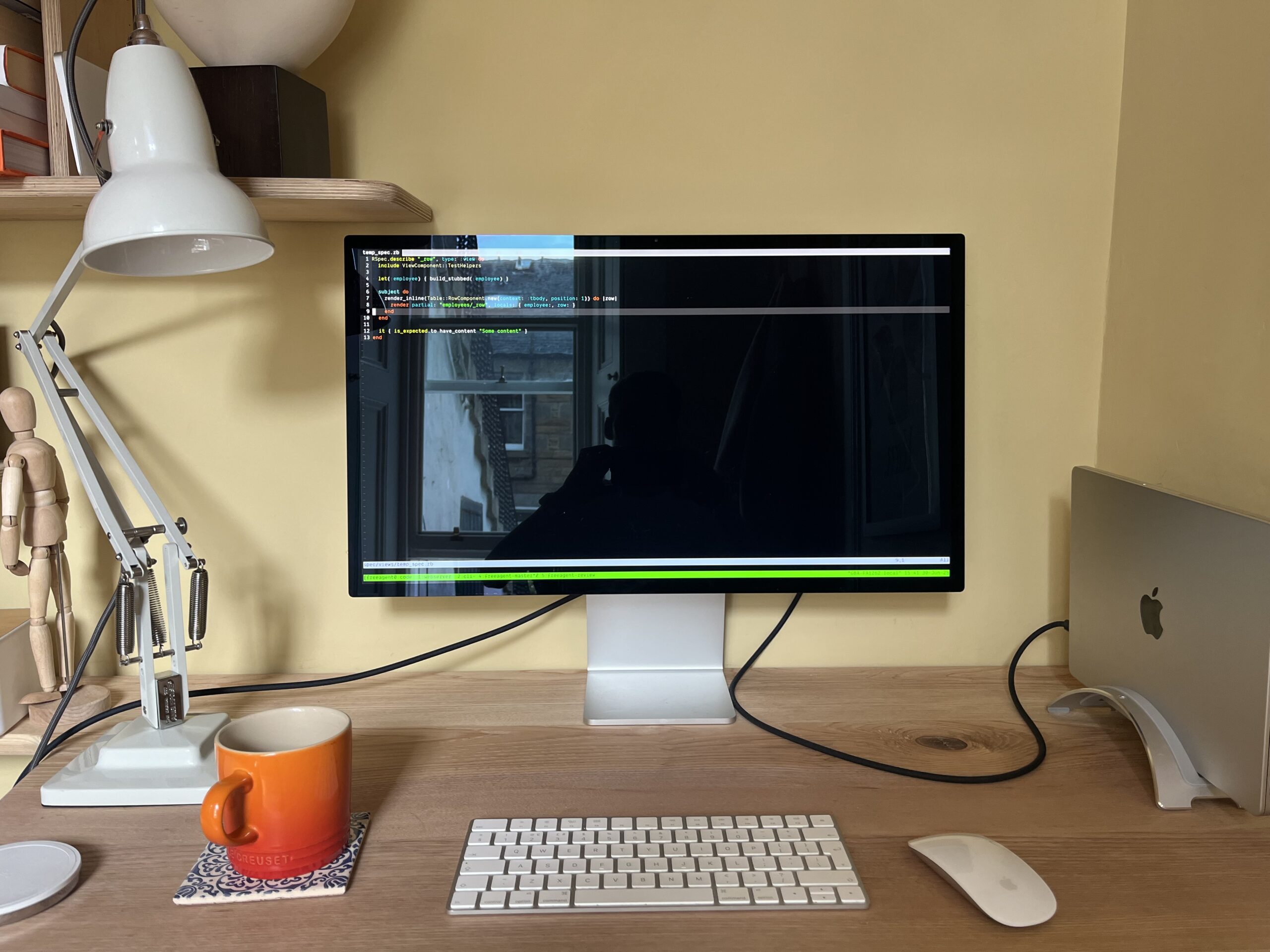All posts tagged with 'testing'

Streamlining DBT Macro Testing: A Unit Test Approach with Pytest and Jinja
Introduction Data Engineering at FreeAgent has a mission to ensure our colleagues and customers have reliable, accurate, and secure access to the data they need. Our migration to Dagster, DBT, and DLT is a key part of that. However, it has raised numerous questions, including how we test DBT Macros. This post dives into how we're tackling this by leveraging pytest and Jinja for more efficient unit testing of DBT… Continue reading

Waiting for it with Capybara’s synchronize method
Feature specs are notorious for their potential to flake. It’s possible for the results of feature specs to be inconsistent because they have to deal with asynchronous state. In a typical test environment, there’s a single Ruby process at play, so test code will be executed in order as written – we can reasonably expect one line to complete before the next is executed. But when it comes to feature specs… Continue reading

Wiggling my way to a win
The work calendar At FreeAgent, we work in intervals of sprints (2 weeks) and cycles (which are made up of 4 sprints – adding up to roughly 2 months total). In a cycle a team typically aims to complete 1 larger project, and during a sprint a team aims to complete sub-tasks of that larger project. This helps construct timelines and structure for product managers and engineers to work within. … Continue reading

View specs: rendering templates that are nested within a view component
FreeAgent makes use of the RSpec and ViewComponent frameworks for unit testing and reusable front-end components respectively. Since FreeAgent is a Ruby on Rails application, we’ll often want to write unit tests for our Rails view templates, using RSpec, i.e., a view spec. When rendering our reusable view components in our view templates, especially complex ones, testing can get a bit confusing, especially if the template is dependent on being… Continue reading

The Other Copilot: Coding with AI
It seems Copilots are ten a penny these days. While our CoPilot accountant partners are a human way to support you using FreeAgent, the flight term has really taken off(!) as branding for AI tools, GitHub’s Copilot being just one of them. The rise of AI tooling for developers has sparked a lot of discussion and controversy as of late. It’s also seen rapid development and innovation, with several code… Continue reading

Factories: don’t stop production!
Why this post? Have you ever come across a situation where you need to write a test that uses some model objects, but found that those have endless dependencies on the existence of other objects, from the same model or otherwise? Have you ever come across a test where you only care about a specific attribute of a model object, but you find yourself having to populate every single one… Continue reading

So you’re going to be an intern
After months of nerves, interviews and one too many LeetCode questions, you’ve done it. You’ve landed an internship, you’re free from the dread of a long, empty summer and your brain is filled with vague notions of what your internship might be like. I’m here to gather up your brain clay and sculpt it into solid ideas of what things will be like. Before we start, it needs to be… Continue reading

Timecop vs Rails TimeHelpers
TL;DR - You probably can’t replace Timecop with Rails' built in TimeHelpers, as TimeHelpers only recreates Timecop’s freeze method, and can’t handle nested travelling. Timecop is the go-to gem for testing time-dependent code, as it allows you to manipulate the current time during test runs. This is important because without control over the time, flakey tests can emerge in your codebase. A very simple example is testing the created_at attribute… Continue reading

The Mobile Apps and the Tester
The replatforming of our hybrid mobile app to separate iOS and Android native apps was already well under way when I arrived at FreeAgent as a test engineer for the mobile team. Since then we have carved out processes that the whole team can contribute to, giving us confidence that for each release our apps are in good shape. Here are a few things we are doing to ensure this.… Continue reading

Testing Child Processes in Ruby
I was recently writing a piece of code that we wanted to act as a supervisor of child processes. We wanted to ask this supervisor the following “Hello there, would you mind running this task in a child process? Thanks!”. From here the supervisor would create a process, keep track of it so we can stop it if necessary, and run the given piece of code in it. This supervisor… Continue reading

